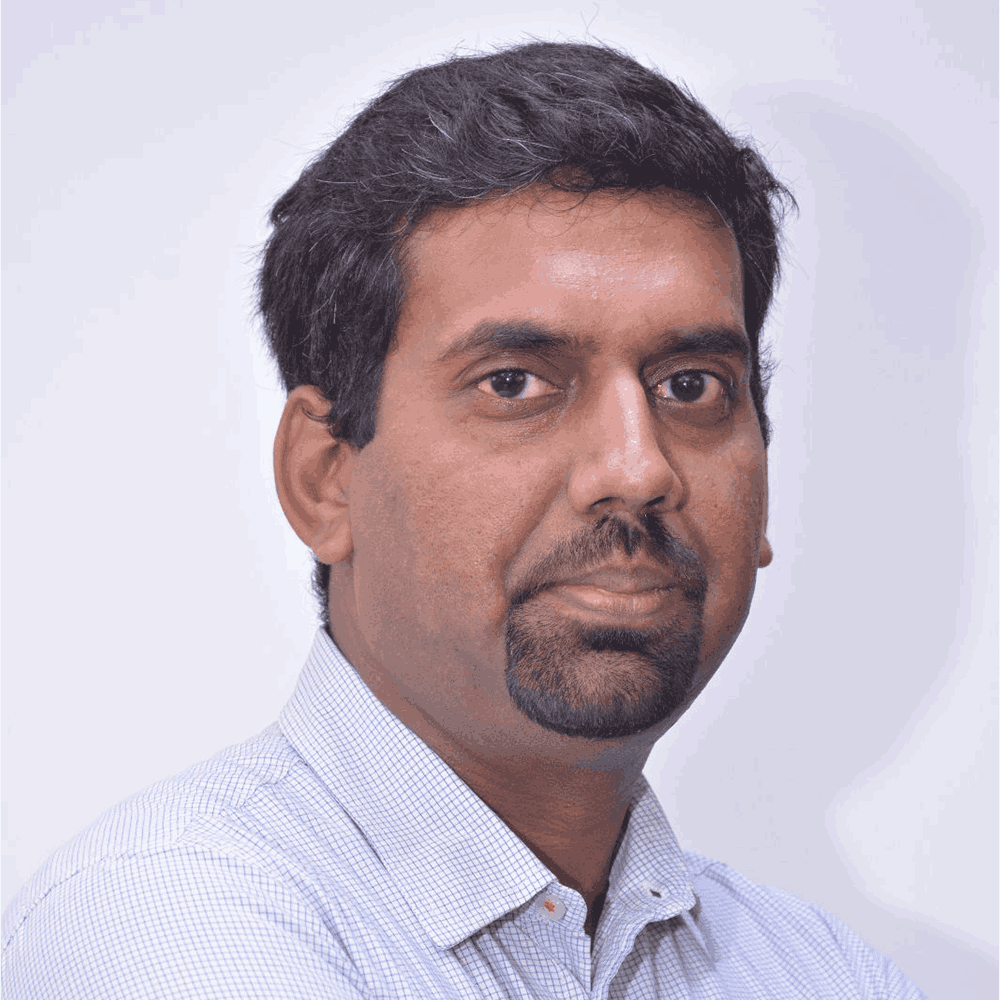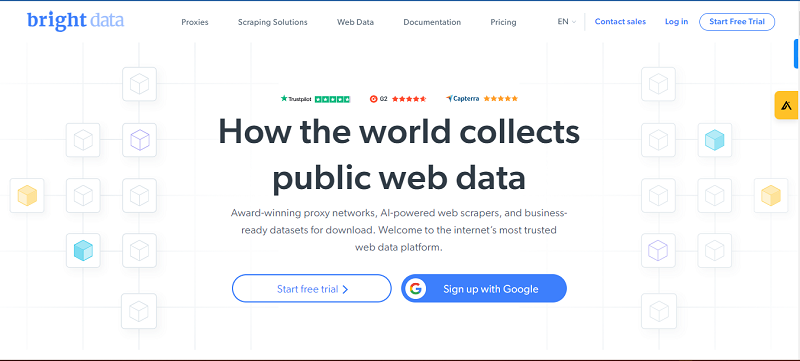A lot has been written recently about how big data can be used for illicit and unethical purposes – yet away from the world of NSA surveillance and Edward Snowden, one country is using it to create a safer and more harmonious society for its citizens.
Singapore is the country in question, and its big data policies have now become so successful that the west is using it as a model for how they could build an intelligence network if long-standing cultural ideals such as civil liberties and a right to privacy weren’t getting in the way.
The technology in question is called ‘Total Information Awareness’ (TIA) and was originally developed within the US by the ‘Defence Advanced Research Projects Agency’ (DARPA) around the turn of the millenium. It originally worked by gathering as much information as possible from electronic records – emails, phone logs, Internet searches, airline reservations, hotel bookings, credit card transactions, medical reports, etc – and then scanning them for terrorist plots by using a predetermined set of scenarios.
TIA was nominally mothballed in the US in 2003 due to massive public outcry about the way the experimental research mined huge amounts of American civilians’ information (though as we now know it was in fact splintered into smaller projects and put under the supervision of the NSA). Despite the domestic furore, Peter Ho – Singapore’s Permanent Secretary of Defence – visited DARPA, saw the TIA in action, and returned to his homeland inspired by audacity and scope of the system. Ho later recalled that he “was so impressed that by connecting a vast number of databases, that we could find the proverbial needle in the haystack”.
As the spectre of Islamist terrorism in South-East Asia grew in the aftermath of the 2002 Bali bombings, Ho was convinced that he could put the system to good use in his home country. His chance to find out arrived less than four months later with the region-wide outbreak of the deadly SARS virus. The virus claimed thirty three lives, slowed the Singaporean economy to a crawl, and stretched emergency services to their limits.
The Singapore Risk Assessment and Horizon Scanning (RAHS) program was established shortly after, with the explicit aim of preventing terrorist attacks and other nonconventional strikes. The Government told its citizens they were using big data to aid national defence (a pitch that the city-state’s technology-hungry population loved), and they have never looked back.
In the ten years since its implementation RAHS has grown beyond Ho’s wildest dreams. All of Singapore’s national ministries and departments now use the system to plan and organise every aspect of governing the tiny country. Procurement cycles and budgets, economic forecasts, immigration policy, housing markets, and national education curriculums all get the RAHS treatment – there is even talk about expanding the plan to analyse various social media channels in an attempt to understand the nation’s mood about everything from government social programs to the potential for civil unrest.
The result is that the world’s third richest country (by GDP per capita) has become a laboratory for testing whether mass surveillance and technology can help to create a more harmonious society. It’s required a leap of faith from the country’s 3.8 million residents, but the results are overwhelming. The Singapore model is now so successful that there is no going back – an outcome that most western countries can only cast admiring glances at from afar.
By Daniel Price





